FinnyH Presents: A Valuable Lesson in Horror Historica
By Finn H Arlett
@FinnyH

They call me Finn and I think seals are the bomb, but my love of adorable, chubby aquatic life isn't the topic I'm here to talk about today. Maybe next time if you're lucky, huh?
I also love a good, old-fashioned, classic horror. I'm talking the kind of horror that suffocates under existential dread, inescapable depravity, the era's outmoded paradigms ... and certainly not set in a society where everybody has a smartphone or is within a stone's throw of a psychiatrist. I can't be the only one out there who enjoys this added character torment, can I? Surely not.
Horror is one heck of a broad genre. Different things keep different people awake at night, for one, but whatever obscure thing gives you the shivers (would you believe me if I told you I freak out at small holes?) chances are somebody has written a horror story about it.

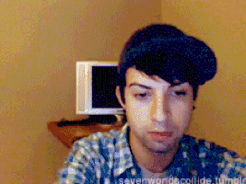
Now, I'm definitely one to appreciate well-written modern horror, especially if we're talking cyber horror and body horror, but what really got me into reading and writing the genre was the oldies. You know, back when you couldn't just camp out the zombie apocalypse in a mall, and battery-powered torches didn't exist for when the Bad Man™ cut the power lines to your house. And there was certainly no Google (or Bing if you're over 40) to look up which demon, out of countless kinds throughout scripture, is haunting your creepy, knife-wielding child.
I want darkness and genuine wickedness back. I want isolation and uncertainty. I yearn for those twisted, complicated characters and everything else that period fiction practically offers to the genre on a silver platter. There was no 24-hour lifestyle, and towns and villages shut down after 6pm. The nearest call for help might've been in the next village, or if you were lucky, the single telephone in governor's estate. Nightfall came with the crippling fear, paranoia, and nocturnal thralldom of preternatural unknowns, and not just a minor inconvenience for likes of people (me) who want Ben & Jerry's at three in the morning.
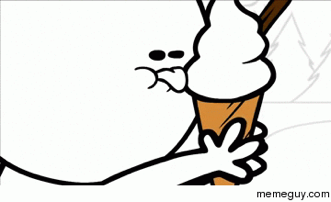
So my first piece of historical horror was "The Folveshch". And no, I don't really know how to pronounce that either! Set in rural Russia, 1922 (around the earlier works of H. P. Lovecraft), the Folveshch was a being said to haunt the village of Renkassk, gradually rendering its population silent, still and mad. Nobody knew what this thing looked like, and those who saw it were never able to tell of it. The fear spread by word of mouth, from parent to child through the generations, until the Folveshch became part of what governed their community life, via the overhanging dread that it would return each winter and claim its next victim.
When the Folveshch came scratching on your windows at night, there was no way to fend it off; no way to jump in your car and drive away to safety; or, better yet, mow the thing down and reverse over it for good measure. The only place to hide was your own home, and if you saw it or let it in, you'd never be able to speak of it. The horror was real, and there existed no 21st-century conveniences to relieve your situation.
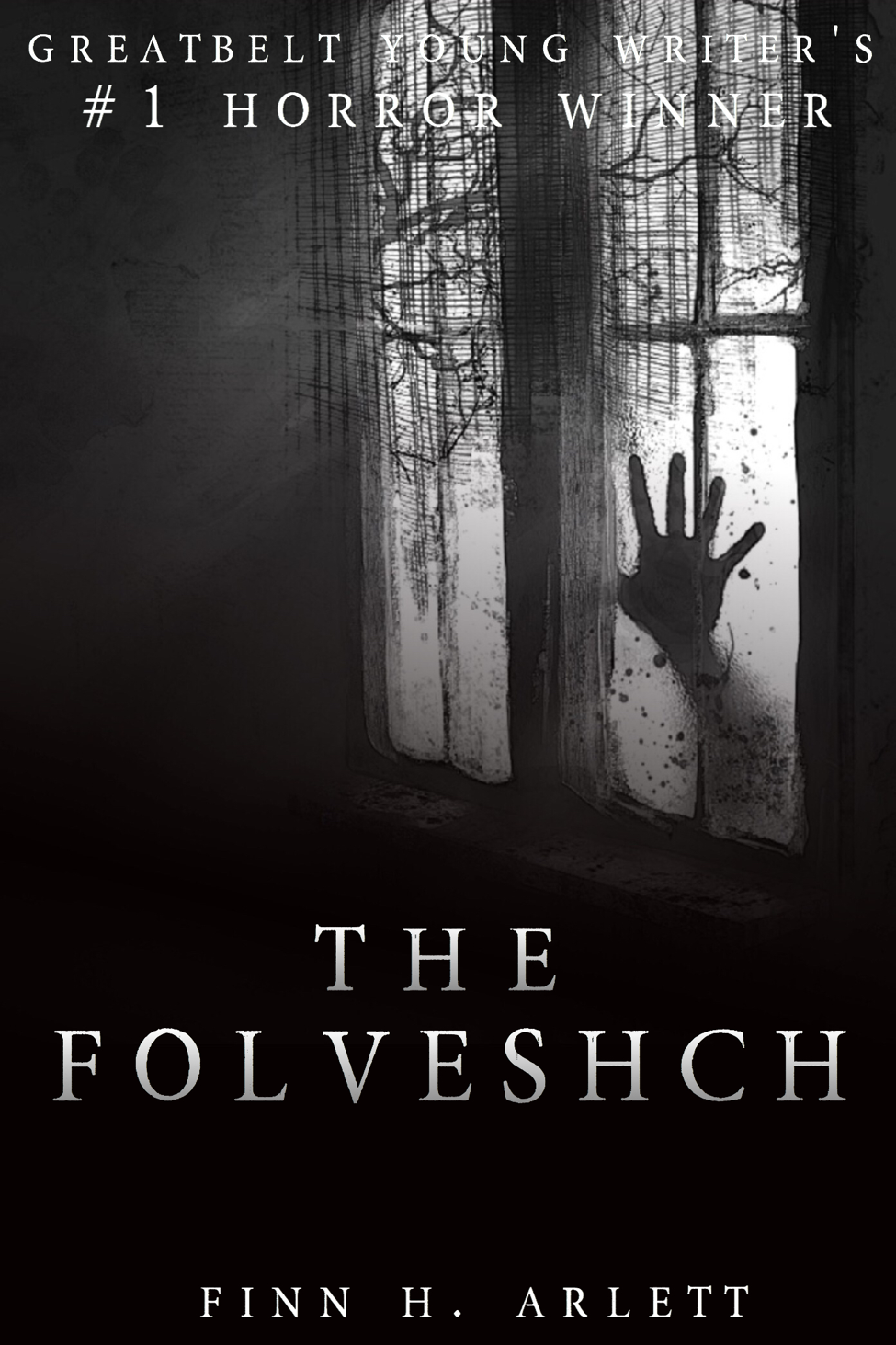
Accepting the presence of the Folveshch brings me nicely onto 'belief', because not only was technology and lifestyle different back when the classics were relevant (though in my opinion, the classics are ALWAYS relevant), but by what means we assigned our faiths. I don't wholly mean religion here, though that is one facet of moving into an era where more and more people don't assign themselves one.
Though we write about demons, Satan, ghosts, witches, exorcisms and the like, it's a bit of a pick and mix selection as to who believes them as fact and fiction. Back in the era of the first mass-published pieces of literature, most readers DID believe in the concepts we might today question, since the only other tales they had access to were available through word of mouth or their holy book. The belief in horror then was truly at its peak, because we did not have the means to widespread research to otherwise hear an alternate explanation to these phenomena... and we had accepted them and adapted them for thousands of years.
Now, "The Sinister Fate of Joseph Redding" explores this concept during a time when science on the human body was still an arrestable offence, when it was still custom for parents to tell their young children ghost stories on Christmas Eve, and in an era where one's legs were considered highly sexual. Weird, right? Not everything about the Victorians makes a lot of sense these days. It's also around the time of Conan-Doyle's 'A Study in Scarlet' and Oscar Wilde's 'The Picture of Dorian Gray', or, if you're more familiar with it, the Jack the Ripper lore.
This particular tale embarks on, again, the dread of the unknown, though the conflict here is not with the being itself, but the nature of it and HOW it can exist. The science of the dead (later coined Thanatology in 1910) existed largely in the realms of theory and fictional science. We are all familiar with "The Strange Case of Jekyll and Hyde" and "Frankenstein", and these were frightful at the time, since people of the age wouldn't have been able to wholly extract fiction from theory.
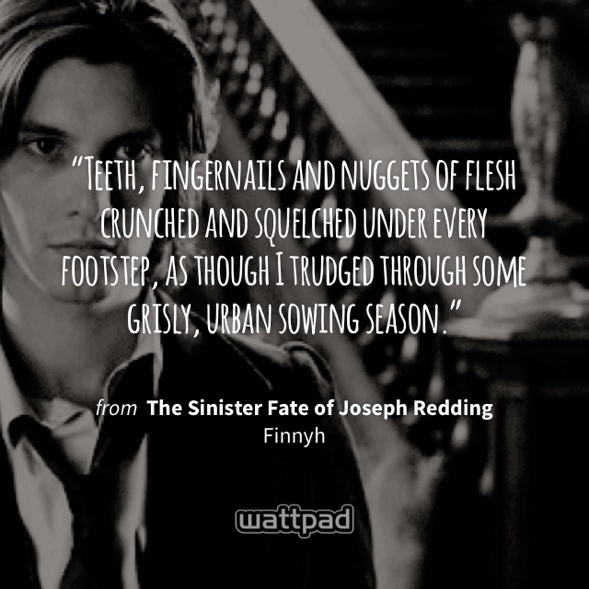
But I also love historical horror because of the language. It's absolutely glorious. It's absurd, it's cerebral, it's downright long-winded, but we lack the 'freedom' in modern fiction to go off on tangents for the sake of exploring the dictionary (or the boost in cash per word, if we're being honest). In modern literature we abide by a bunch of outdated literary rules made up in the 50's, saying goodbye to those flowery adverbs, sentences with repeat semi-colons and generally getting carried away expressing our finesse as a writers at all.
Writing historical horror in the style of classic literature gave me the license to break these rules, and I loved it. I've never felt more invigorated writing a piece of fiction than when I was writing something I wasn't 'supposed' to be. And it made me think: Why do we have to be so standard? Why can't we be pretentious? Why do we have to throw in as many 'horror props' as we can, to make a reader believe what they are reading is scary, when the damn prose should be doing that anyway? Classic and historical horror isn't taking a step back in the wrong direction; I actively encourage every young, aspiring horror writer to learn what birthed -- or reanimated -- their genre in the first place.
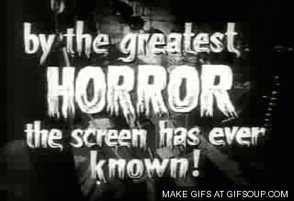
Sure, classic and historical horror isn't for those looking for a cheap jump scare, that's a given, but if you've ever sought ways to open up new avenues for yourself, use words you've hardly even heard of, and get lost in the utter terror of warped paradigms the world hardly understood, it might just be worth giving it a go. Submit to the darkness and depravity of the era you're reading, buckle under the existential dread of being the twisted character stuck inside it, and I promise, you'll never read or write horror in the same way again.

Finn H Arlett is the twice-featured author of an international award-winning title, "The Folveshch", "The Platform" ("Helatide" printed under Henshaw Press) and "The Sinister Fate of Joseph Redding". He works for the @ParanormalCommunity on Wattpad and is awaiting publication in both March and May of 2017. His work has been described as "brilliant", "classic", "twisted" and a "terrific departure from the norms of horror convention".
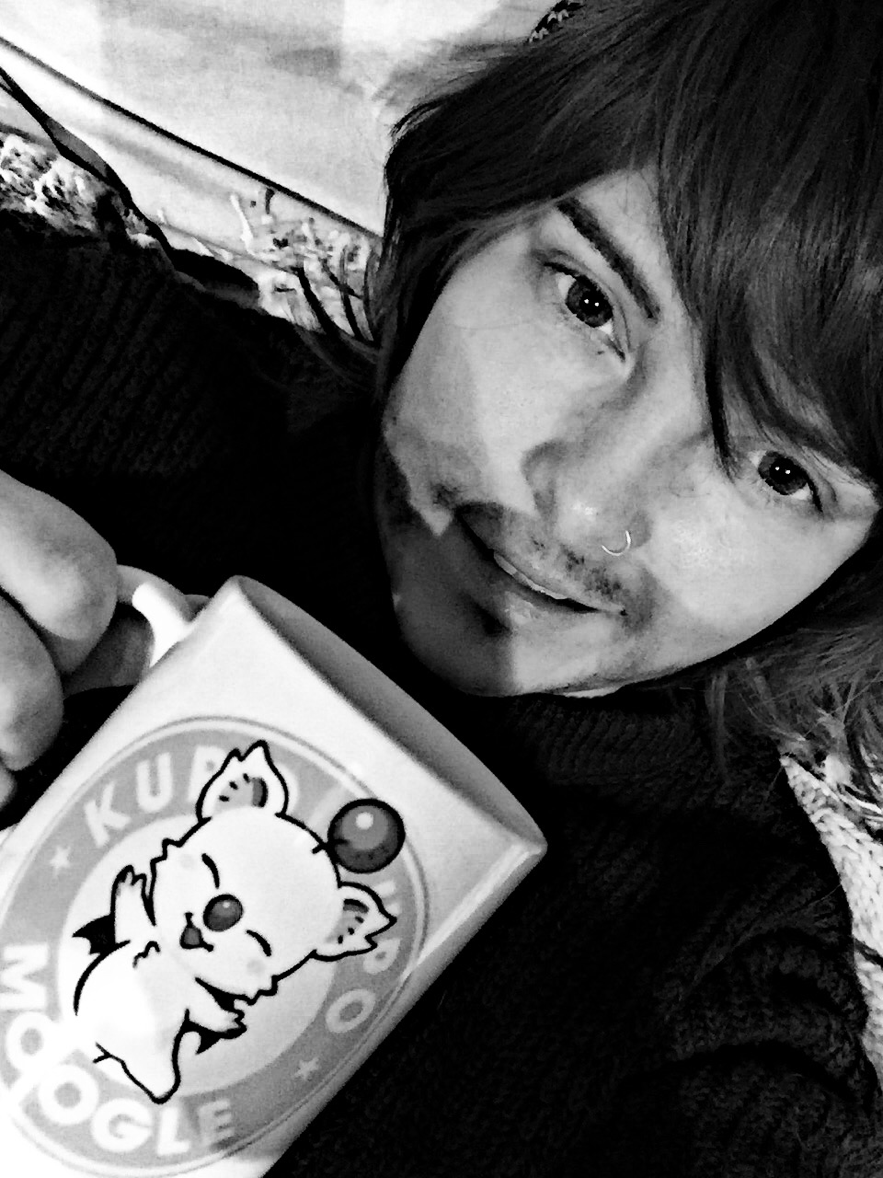
He's also one of those pierced gamer nerds.
Finn H Arlett is a musical composer, photographer and portrait artist, so for his giveaway is offering a custom piece of fan-art of a lucky winner's character of choice! Follow @FinnyH for a chance win this exclusive prize!
***********
P.S. Don't forget to enter the 130+ #WattpadBlockParty Giveaways! Clickable links are at the top of my Wattpad profile! :)
GIVEAWAY LINK ONE:
http://kellyanneblountauthor.blogspot.com/2017/01/giveaways-for-wattpad-block-party_31.html
GIVEAWAY LINK TWO (with Widgets):
http://kellyanneblountauthor.blogspot.com/2017/01/giveaways-with-widgets-for-wattpad.html
Bạn đang đọc truyện trên: AzTruyen.Top